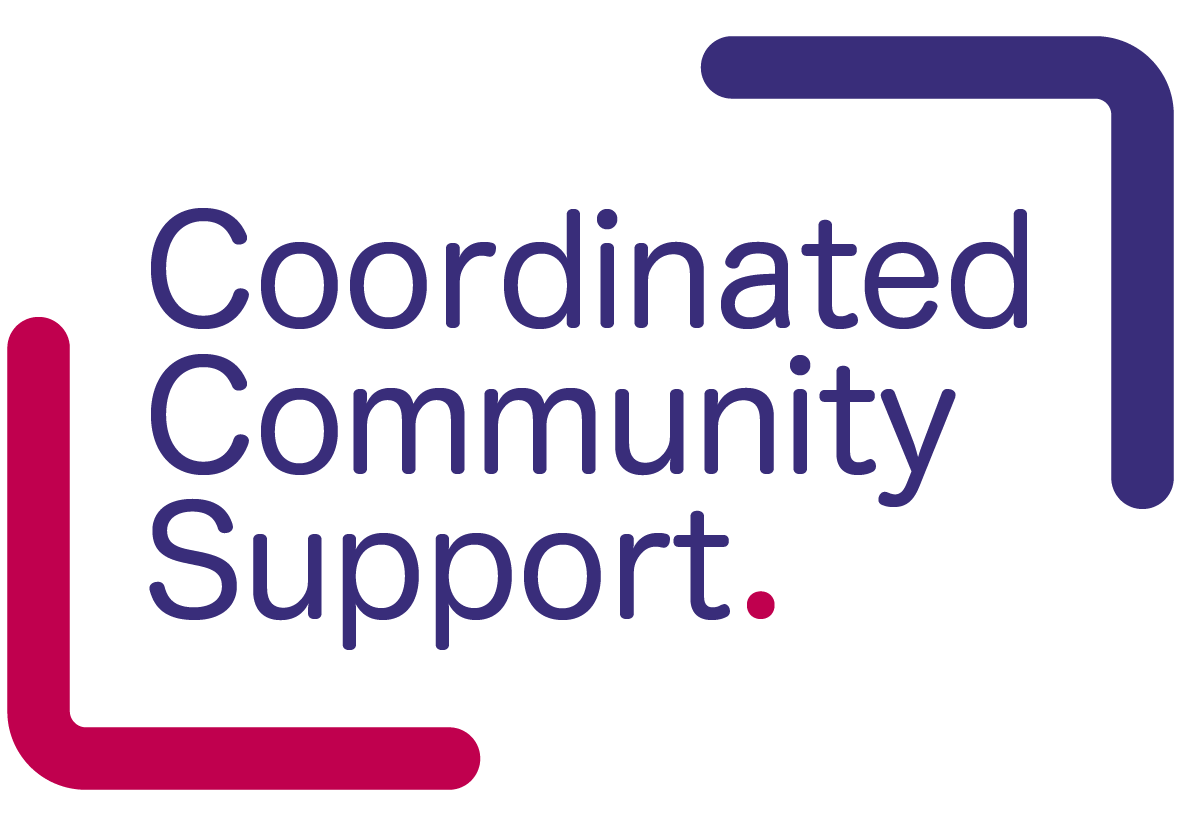Year 3 of the pilot
The CCS team worked in partnership with the Independent Food Aid Network to produce their cash-first advice leaflet for Swansea.
Following an EOI process with Swansea Neath Port Talbot Regional Advice Network, Swansea University Law Clinic were selected to lead a pilot of a new online referral system. The CCS Programme is funding this until December 2022.
Year 2 of the pilot
The CCS Programme Year 2 Swansea pilot site summary paper can be viewed here. The CCS local partnership includes a range of voluntary sector organisations and Swansea Council's Tackling Poverty team. The CCS programme is working with local partners to increase awareness of and access to the Welsh Government’s Discretionary Assistance Fund, and to promote the Hope In Swansea app. Our research project on crisis support in all four pilot areas was completed in April 2021. The project explored perceptions and experiences of crisis support among LA and VCS professionals, as well as service-users. Read the Swansea report in full:
Year 1 of the pilot
Responding to Covid-19 has obviously dictated CCS programme work in all pilot sites in recent months. Autumn 2020 marked the first year of the pilot in Swansea, and this felt like an appropriate time to bring local partners together to consider how the next phase of the programme should develop.
The main purpose of the Year 1 Partnership meeting was not to review the previous year but rather to look ahead. The short briefing note below was shared with local partners beforehand and attendees were invited to sign the new Swansea Partnership Charter (available below) which sets out the aims local CCS programme partners are collectively working towards.
Covid-19 Response
Plans and timeframes for the CCS programme in all four pilot sites were adapted as a result of the pandemic. Since March, we have been working to ensure organisations supporting people facing financial crisis have the help they need. Local programme partners in Swansea include SCVS, Swansea University Law Clinic and Digital Communities Wales.
The CCS programme has hosted regular video calls with local authority representatives and VCS organizations in each pilot area to establish how the CCS programme can support local responses to the pandemic. Issues highlighted in Swansea included support for people with No Recourse to Public Funds, services for young people who are currently or soon to be NEET, the challenge of reaching the digitally excluded and support for homeless people placed in emergency temporary accomodation - groups who are all particularly vulnerable at this time.
During the UK-wide lockdown, the CCS team convened a network of local agencies to provide a central hardship fund for refugees, migrants and people with No Recourse to Public Funds. Adminsitered by EYST, the fund covers emergency expenses such as baby essentials and phone top-ups. The agencies in the network offer a range of support services including immigration advice and ESOL classes.
Information and guidance on addressing causes of financial crisis previously offered in many foodbanks ceased during the Covid crisis as foodbanks shifted to a collection and delivery model. People using a foodbank might be unsure of what support services which are currently available locally, especially if they are digitally excluded. The CCS team are working with Citizen’s Advice Swansea Neath Port Talbot, foodbanks and the Local Authority to distribute information leaflets in food parcels. The leaflet includes details of how to contact Citizen’s Advice who provide information and advice on issues including welfare rights, debt and employment.
The CCS programme has partnered with The Wallich to provide basic 'Home-starter packs' for people moving out of emergency temporary accomodation. The Wallich are coordinating the distribution of packs to eligible clients of local agencies. The contents of the packs complement suport provided by the Welsh Government's Discretionary Assistance Fund (DAF). The CCS programme team is also working with local partners to monitor the impact of the greater flexibility introduced into the DAF during the Covid-19 pandemic.
